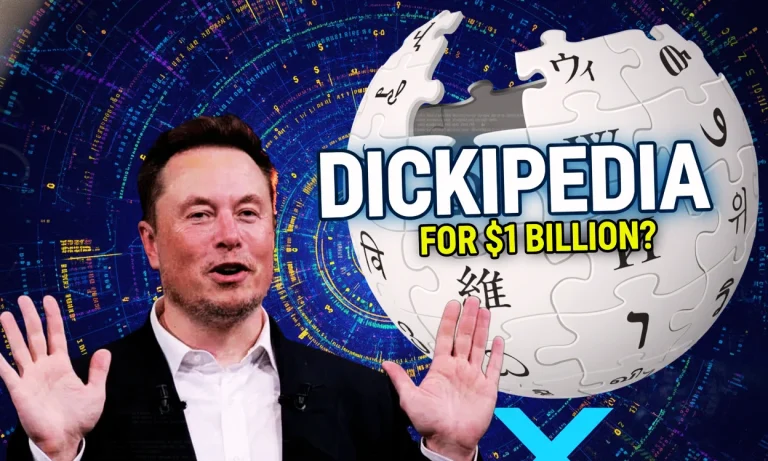
Imagine India, a global powerhouse in technology and innovation, adding a new, digital asset to its national treasury alongside gold and foreign currencies. This isn’t just a futuristic dream anymore; the idea of creating a strategic Bitcoin reserve for India is gaining serious traction, sparking a vital debate about the nation’s financial future in the digital age.
The Growing Call for a Bitcoin Reserve
The conversation really heated up when Pradeep Bhandari, National Spokesperson for India’s ruling Bharatiya Janata Party (BJP), publicly suggested that India should consider building a strategic Bitcoin reserve. He argues that with countries like the United States already moving to establish their own Bitcoin stockpiles (like the US Strategic Bitcoin Reserve launched in January 2025), and smaller nations like Bhutan successfully mining and holding Bitcoin, India has a unique chance to lead.
Bhandari emphasizes that a “measured Bitcoin strategy” could:
- Strengthen India’s economic resilience: Act as a hedge against global economic uncertainties and inflation.
- Project modernity: Signal India’s readiness to embrace cutting-edge financial technologies.
- Diversify national reserves: Reduce reliance on traditional assets and foreign currencies.
Why Bitcoin? The Allure of Digital Gold
Unlike traditional currencies, Bitcoin has a fixed supply, making it attractive as a hedge against inflation, similar to gold. Its decentralized nature means no single government or bank controls it, offering a unique layer of financial sovereignty.
Supporters point to several potential benefits for India:
- Leveraging Renewable Energy: India’s vast renewable energy resources (solar, hydro) could be used for sustainable Bitcoin mining, following Bhutan’s successful model.
- Attracting Talent & Capital: A clear stance on Bitcoin could draw in more international investment and skilled professionals to India’s burgeoning tech sector.
- Boosting Financial Resilience: Bitcoin’s liquidity and global acceptance offer a new tool for managing financial stability.
The Road Ahead: Challenges and Considerations
While the idea of an India Bitcoin Reserve is exciting, experts highlight significant hurdles:
- Regulatory Clarity: India currently taxes cryptocurrencies heavily (30% flat rate plus 1% TDS) but lacks a clear, comprehensive regulatory framework. This “taxed but unregulated” status creates uncertainty and pushes trading volume to offshore exchanges.
- Volatility: Bitcoin’s price can fluctuate sharply, which poses a risk for a national reserve aimed at stability. Any strategy would need careful management to mitigate this.
- Preference for CBDC: The Reserve Bank of India (RBI) has shown a strong preference for its Central Bank Digital Currency (CBDC), the digital rupee, over private cryptocurrencies.
- Infrastructure & Security: Establishing a reserve would require robust and secure infrastructure for storing and managing Bitcoin, along with efforts to build public trust through education.
The Indian government is expected to release a detailed discussion paper on virtual digital assets soon. This paper could lay the groundwork for future policy, potentially opening the door for serious consideration of proposals like a national Bitcoin reserve. However, many believe that without clear regulations and a structured approach, a Bitcoin reserve remains an “interesting thought experiment” rather than an immediate policy priority.
India’s Pivotal Moment
India stands at a pivotal juncture. As major global economies like the US advance their digital asset strategies, the debate around an India Bitcoin Reserve highlights the nation’s opportunity to not just keep pace, but to lead. Whether through such a reserve, clearer crypto policy, or public-private partnerships, embracing digital assets is increasingly becoming not just a financial strategy, but a geopolitical one for India. The journey towards a clearer future for cryptocurrencies in India continues, with the possibility of Bitcoin playing a strategic role on the horizon.
Source: This article draws inspiration and information from recent reports, including those published by CoinGeek, Bitget News, and CoinMarketCap, discussing India’s potential Bitcoin reserve strategy.




